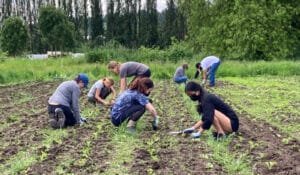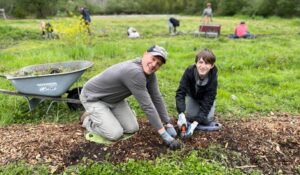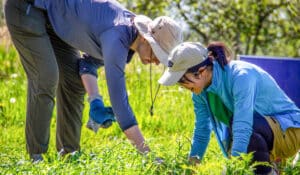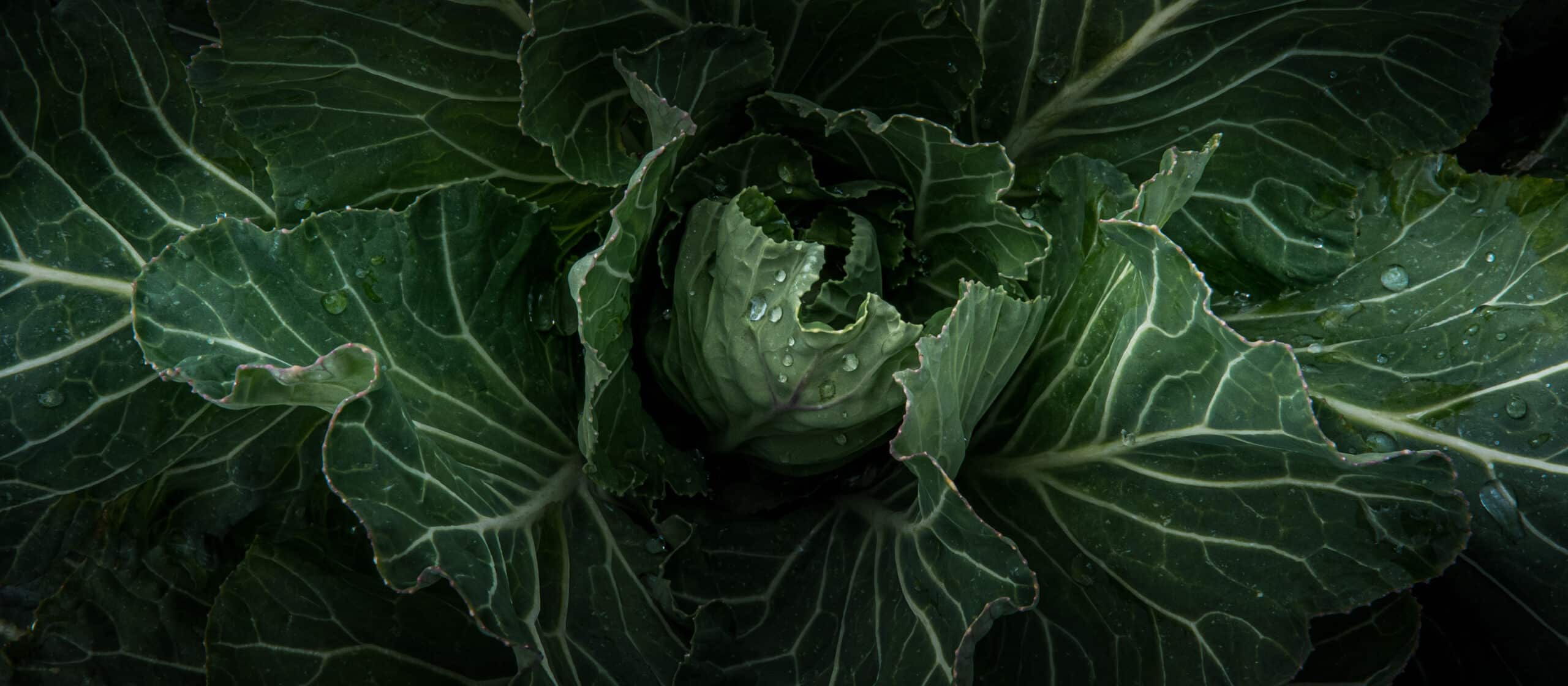
Seed saving is one of the most radical acts a farmer can undertake
Seed saving is one of the most radical acts a farmer can undertake
- posted on: July 10, 2020
- posted by: Robin Crowder
"*" indicates required fields

Grist published a compelling article recently titled, Keeping Seed Sovereignty Local, about the 2018 fight in New Mexico against seed preemption — “making it illegal for counties or local municipalities to adopt their own rules on—of all things—seeds.” It’s an important read that helps shed light on the vulnerability of our food system to concentrated control by the few and powerful and the potential loss of food sovereignty — the right to grow your own food — by many.
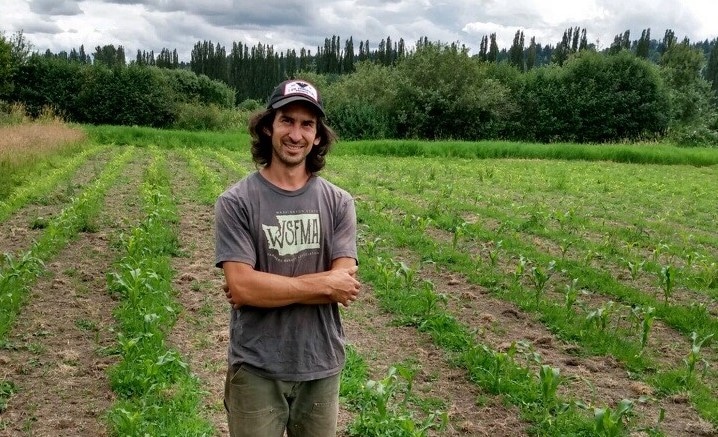
Upon reading this article, we took the opportunity to talk to our lead farmer, Anthony Reyes, in the field to ask him about seed saving. Here’s is what he had to say:
Seed saving is one of the most radical acts a farmer can undertake and one the most culturally and ancestrally significant. It’s one means by which we as farmers can take greater control of the food system, feel connected with our ancestral food ways, and preserve our cultural history and identity. I am not personally an experienced seed saver and find ways to weave my ancestral narrative and preserve the cultural practices through some of our growing practices.
For me, it’s the planting and cultivation of the Milpa. Milpas are an agricultural system and a sociocultural construct geared towards establishing and cultivating the relationships between farmers, community, family, the earth, etc. It’s a Mesoamerican form of agriculture that incorporates Maize, Bean, and Squash as well as dozens of other crops from avocados to medicinal and fiber crops. Entire communities would participate in the cultivation as it’s a collective effort towards a community’s self reliance and sustenance.
In a world that prioritizes industrial western systems, it’s important for us to preserve our ancestral food ways and turns planting maize into a radical act of self reliance and cultural preservation for ourselves and generations to come.
Read and reread Anthony’s words. Take the time to process the Grist article. You’ll be rewarded with a better understanding of the importance of seed saving, the vulnerability of our food system, and the reverence that’s needed to honor and protect those who are doing this work.
“These seeds are our children, and we will share them with you, freely. We will feed you with their abundance. All we ask is for the sacred trust as caretakers and stewards to be honored and respected.”
— Beata Tsosie-Peña, seedkeeper











 back to blog overview
back to blog overview

